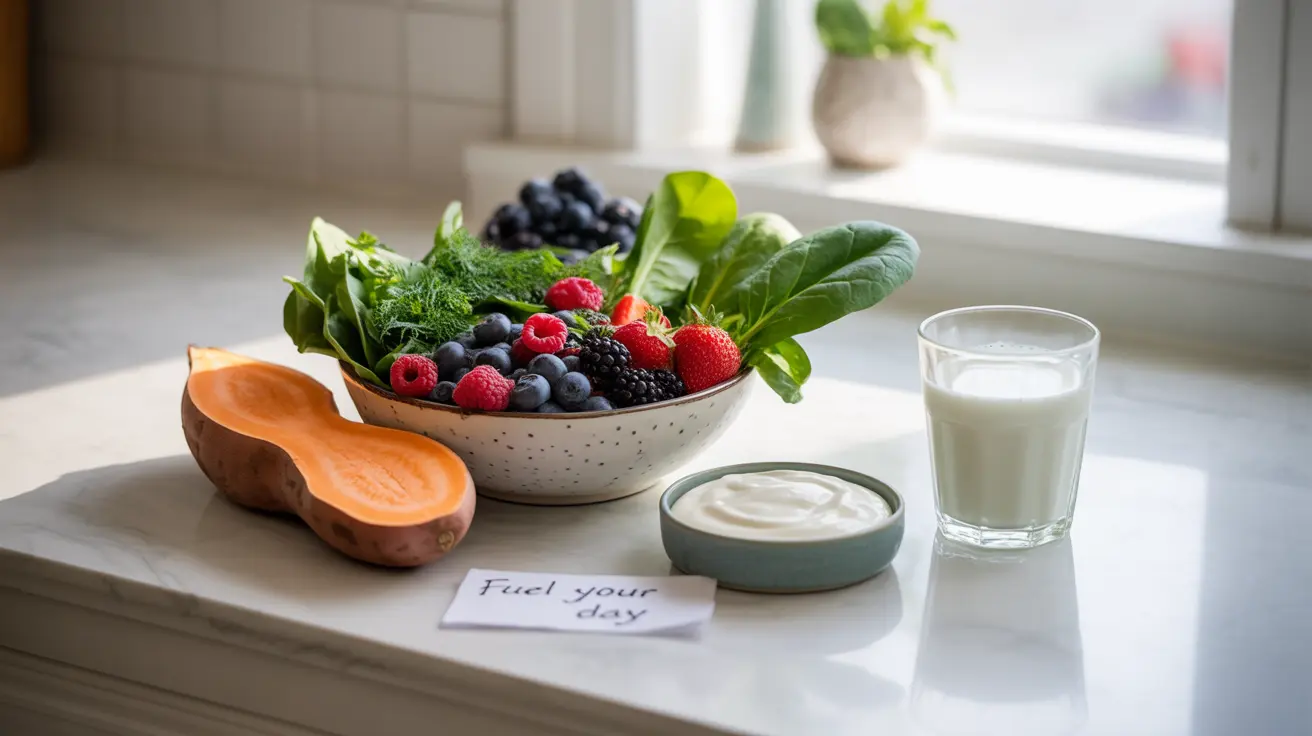Managing uric acid levels through diet is a crucial step in preventing gout attacks and kidney stones. A low purine diet can be an effective strategy for controlling these conditions and improving overall health. This comprehensive guide will help you understand how to implement this dietary approach successfully while maintaining a balanced, nutritious eating plan.
Whether you're newly diagnosed with gout or looking to prevent future flare-ups, understanding the principles of a low purine diet can make a significant difference in your health journey. Let's explore the essential components of this dietary approach and how it can help manage your condition.
Understanding Purines and Their Impact on Health
Purines are natural compounds found in many foods that break down into uric acid in the body. When uric acid levels become too high, they can form painful crystal deposits in joints and tissues, leading to gout attacks and kidney stones. Managing purine intake through diet is a key strategy for maintaining healthy uric acid levels.
Foods to Include on a Low Purine Diet
Following a low purine diet doesn't mean sacrificing taste or nutrition. Here are excellent food choices to include:
- Most fruits and vegetables
- Whole grains and bread products
- Low-fat dairy products
- Eggs
- Plant-based proteins like nuts and legumes
- Most beverages
Best Vegetables and Fruits
Focus on colorful produce that's naturally low in purines:
- Sweet potatoes
- Carrots
- Berries
- Citrus fruits
- Green leafy vegetables
Foods to Limit or Avoid
Some foods contain high levels of purines and should be limited or avoided:
- Organ meats (liver, kidneys)
- Game meats
- Certain seafood (sardines, anchovies, mussels)
- High-fructose corn syrup products
- Alcoholic beverages, especially beer
The Role of Hydration
Proper hydration is crucial when following a low purine diet. Drinking adequate water helps flush excess uric acid from your system and reduces the risk of kidney stone formation. Aim for 8-10 glasses of water daily, and consider incorporating these beneficial beverages:
- Water
- Coffee (in moderation)
- Tart cherry juice
- Green tea
Creating a Balanced Meal Plan
A successful low purine diet focuses on balance and moderation. Structure your meals around these principles:
- Make vegetables the star of your plate
- Include lean proteins in moderate portions
- Choose whole grains over refined carbohydrates
- Incorporate healthy fats from sources like olive oil and avocados
Frequently Asked Questions
What foods should I eat and avoid on a low purine diet to manage gout and uric acid levels? Focus on fruits, vegetables, whole grains, and low-fat dairy products. Avoid or limit organ meats, game meats, certain seafood, and alcoholic beverages, particularly beer.
How does a low purine diet help prevent gout attacks and kidney stones? By reducing purine intake, you lower the amount of uric acid produced in your body. This helps prevent the formation of uric acid crystals that cause gout attacks and kidney stones.
Can drinking water and certain beverages like coffee or orange juice affect uric acid levels on a low purine diet? Yes, staying well-hydrated helps flush excess uric acid from your system. Coffee may help lower uric acid levels, while orange juice can be part of a healthy diet plan when consumed in moderation.
Is it necessary to completely avoid all high-purine foods, or can some be eaten in moderation? Most people can consume moderate amounts of medium-purine foods. However, high-purine foods should be limited or avoided, especially during active gout flares.
How effective is a low purine diet compared to medication for controlling uric acid and gout symptoms? While medication often plays a crucial role in managing gout, a low purine diet can significantly enhance treatment effectiveness and help prevent flare-ups. The best results typically come from combining dietary changes with prescribed medications under medical supervision.
Remember to always consult with your healthcare provider before making significant changes to your diet, especially if you're taking medications for gout or other conditions. They can help you develop a personalized plan that takes into account your specific health needs and circumstances.




